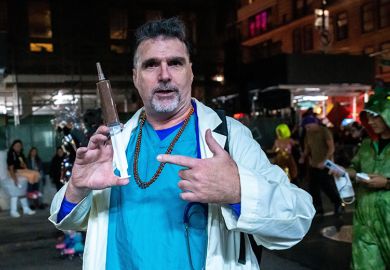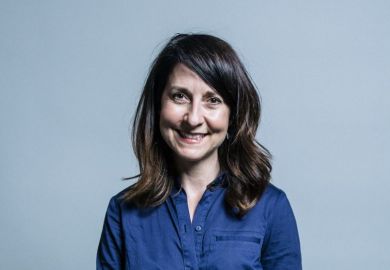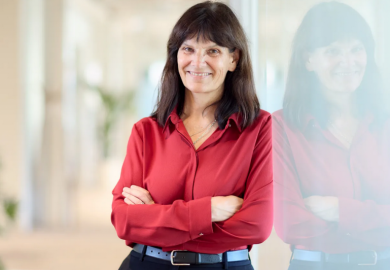After providing scientific advice to the Government for more than eight years, Sir Keith O'Nions is to return to academia.
Sir Keith, who completed his term as director general of science and innovation at the Department for Innovation, Universities and Skills at the beginning of April, will head up a new institute for security science and technology at Imperial College London. Sir Keith described it as "delightful" to be returning.
"There was a great opportunity in government to work much more on behalf of the university and academic system (but) I have remained very close to academia," said the 63 year old, adding that there was a "gap" in the subject area that needed filling.
His credentials for the post are impeccable. Prior to the four years he spent as the Government's top adviser for science and research spending policy, he was chief scientific adviser at the Ministry of Defence. His background is in geology - he has a PhD in earth sciences from the University of Alberta and was the head of earth sciences at the University of Oxford before entering the MoD.
The new institute, which is to be officially launched in the autumn, will look at how to apply the science being done at Imperial to develop new security technologies. For example, how better to use technology to prevent identity fraud and safeguard our infrastructure.
"The US has built some very large (security) technology programmes - partly in universities, partly elsewhere. I think (the UK) has just a little bit of catching up to do with the progress," said Sir Keith.
Reflecting on what he is most proud of from his tenure as director general of science and innovation, Sir Keith identified the growth in the science budget (which he said has more than doubled in ten years), the increase in multidisciplinary and interdisciplinary science and the introduction of so-called full economic costing, which ensures that infrastructure for science also gets funded.
He thinks the "first order" challenge for the future will be to try to keep the budget for science and innovation growing at a steady and predictable rate. "I think that it may be a bigger challenge in the future than it was for me ... I had the tenure of this job when government budgets were in generally better shape," he said.
Replacing Sir Keith at DIUS is Adrian Smith, principal of Queen Mary, who will start in September. Sir Keith's move to Imperial College parallels the appointment of his successor at the MoD, Sir Roy Anderson, who took up the post of Imperial's rector earlier this month.
Register to continue
Why register?
- Registration is free and only takes a moment
- Once registered, you can read 3 articles a month
- Sign up for our newsletter
Subscribe
Or subscribe for unlimited access to:
- Unlimited access to news, views, insights & reviews
- Digital editions
- Digital access to THE’s university and college rankings analysis
Already registered or a current subscriber?



